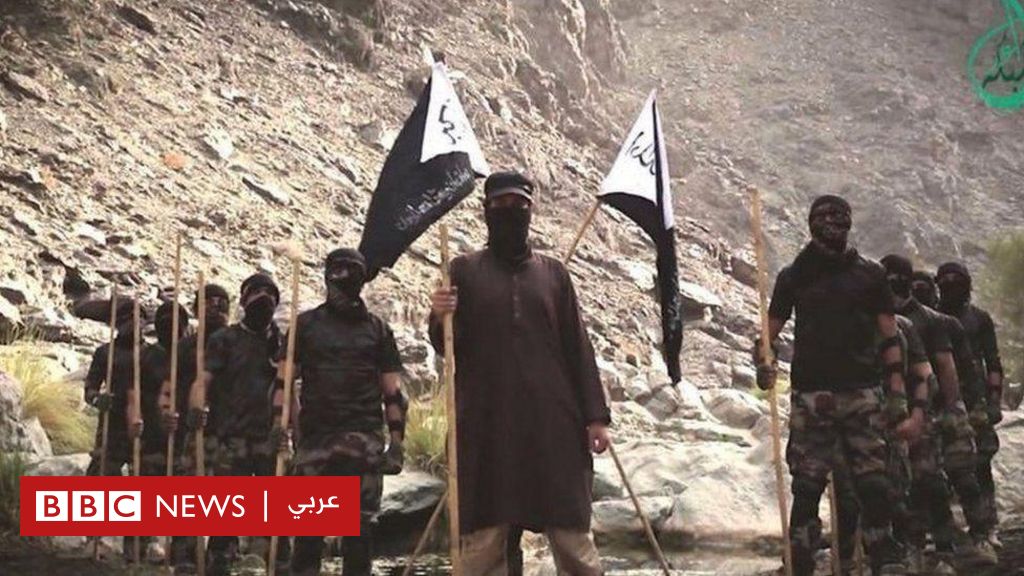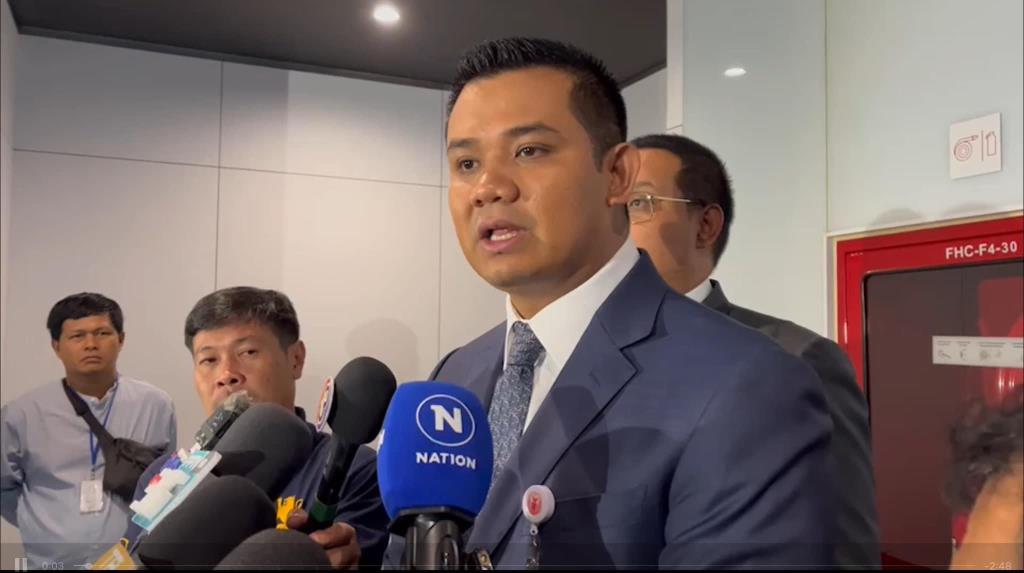Image source: jaish al adl
Article information
- Author, Shumaila Jaffrey
- Role, BBC Islamabad
-
4 hours ago
The recent Iranian raids on the Jaish al-Adl group in Pakistan have raised fears of the expansion of the conflict in the Middle East to other regions outside it.
The Pakistani government announced the killing of two children in the raids carried out by Iran inside the Pakistani border, in addition to the injury of three others, indicating that the missile raids were “completely unacceptable” and threatened retaliation after “violating its airspace in a provocative manner.”
Iran claims that Jaish al-Adl, the armed Sunni group, is active across the Pakistani-Iranian border, and receives support from Israel and the United States. The movement has claimed responsibility for several attacks on Iranian security personnel during the recent period.
Despite the Pakistani government’s strong criticism of the Iranian attacks, analysts believe that it understands the high level of risk if it decides to carry out a retaliatory response, suggesting that it may not resort to that.
The Army of Justice group is an armed Sunni movement that says it seeks justice and equality in Iran, and is against the Iranian government. It describes itself as a “defender of the rights of Sunnis in Iran,” especially in the Sistan and Baluchestan province, one of the Iranian provinces on the borders with Pakistan and Afghanistan.
In 2009, Iran arrested Abdul Malik Rigi, the leader of the movement, which was then known as the “Soldiers of God” movement, and he was tried and executed in 2010, convicting him of several charges, including working for the United States and Britain, and carrying out bombings targeting security personnel in Iran.
The former Pakistani diplomat in Iran during that time, Muhammad Abbasi, said that his country played a major role in Reggie’s arrest.
US intelligence said that the Jaish al-Adl group was involved in several bombings and attacks in Iran, including an attempted attack on former President Mahmoud Ahmadinejad in 2005.
The Jaish al-Adl group carried out the majority of its attacks in Sistan and Baluchestan.
Image source, Reuters
The Iranian raids in Pakistan came a day after the Iranian Revolutionary Guard launched missiles against targets in Iraq and Syria, which came as a surprise to the Pakistani government, according to foreign relations expert and former diplomat, Mushahid Hussein Saeed.
Saeed added, “It appears that the deep state in Iran – referring to the Revolutionary Guard – decided to cover up the operation, and the matter must be looked at from a broader perspective.”
He pointed out that the operation constitutes a violation of bilateral agreements between the two countries, and undermines the spirit of Islamic cooperation, at a time when “massacres are taking place in Gaza.”
He added that instead of directing anger towards Israel, Tehran struck several Islamic countries within 24 hours.
“This hypocrisy and double standards must be strongly condemned,” he said.
Iranian-Pakistani tension
Relations between Iran and Pakistan have witnessed great differences several times throughout history.
Iran was the first country to recognize Pakistan’s independence from India in 1947, and hosted the first Pakistani embassy, and the two countries cooperated for a long period during the Cold War.
During the Indo-Pakistani War of 1965, which lasted about a month, Iran greatly supported Pakistan.
Despite this, the dispute between the two countries increased after the Iranian revolution in 1979, and the spread of Wahhabism in Pakistan in light of the war in neighboring Afghanistan.
In the 1990s, Iran was accused of supporting sectarianism and financing Shiites in Pakistan, while Iran accused Pakistan of supporting the Sunni Taliban government in Afghanistan.
Iranian cooperation with India, and Pakistan’s cooperation with the United States, also led to the expansion of the dispute between the two countries.
Image source: EPA
In 2018, Iran signed an agreement with India to hand over management of the Chabahar port, which angered Pakistan.
Pakistan saw this step as an attempt by Iran and India to downplay the importance of the Pakistani Gwadar Port project, which Islamabad handed over management to China, as part of the huge Chinese Economic Corridor project.
Despite all these differences, the two countries were not involved in major confrontations between themselves, nor did they provoke each other in a way that could affect diplomatic relations between them.
Arhama Siddiqa, a colleague at the Institute of Strategic Studies in Islamabad, believes that relations between the two countries have been positive since 2021, adding that Islamabad was monitoring the situation cautiously despite these positive relations.
A friend told the BBC: “Pakistan cannot sacrifice its independence and territorial integrity, but at the same time, it does not want to open another front, especially since its relations with India are tense, while Afghanistan suffers from internal problems, and therefore Islamabad cannot afford to lose good relations.” With another neighbour.”
Ikram Sehgal, a defense analyst for the BBC, points out that Pakistan wants to maintain good relations with Iran.
He adds that Islamabad at times refused to join the “Saudi camp,” especially in 2015, when Riyadh led a military coalition to intervene against the Houthis in Yemen, as Pakistan opposed joining the coalition at the time.
At that time, Pakistan saw the danger of getting involved in a regional sectarian conflict, and felt that it could create a new rift between its Sunni and Shiite citizens.
But over the past years, relations between Pakistan and Saudi Arabia have witnessed positive developments.
Sehgal believes that Iran has realized that it cannot open a line of confrontation with a new neighbor, while it has already been involved with many of its neighbors in regional problems and conflicts, and is also suffering from the American sanctions imposed on it.
Sehgal believes that Pakistan should cooperate in confronting armed movements, but it should not allow other countries to launch raids on its territory.
He says, “Iran must also avoid these disastrous actions, and must communicate and coordinate with Islamabad. Otherwise, these actions could push the region to the brink of a new war that the Iranian people cannot tolerate.”
#Jaish #alAdl #armed #movement #Iran #targeting #Pakistan #BBC #News #Arabic
2024-01-18 00:18:24

